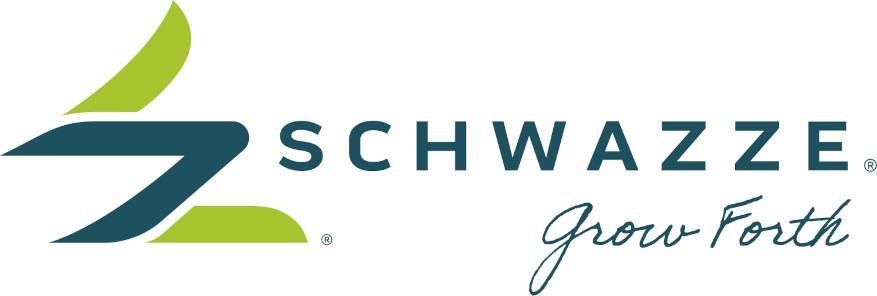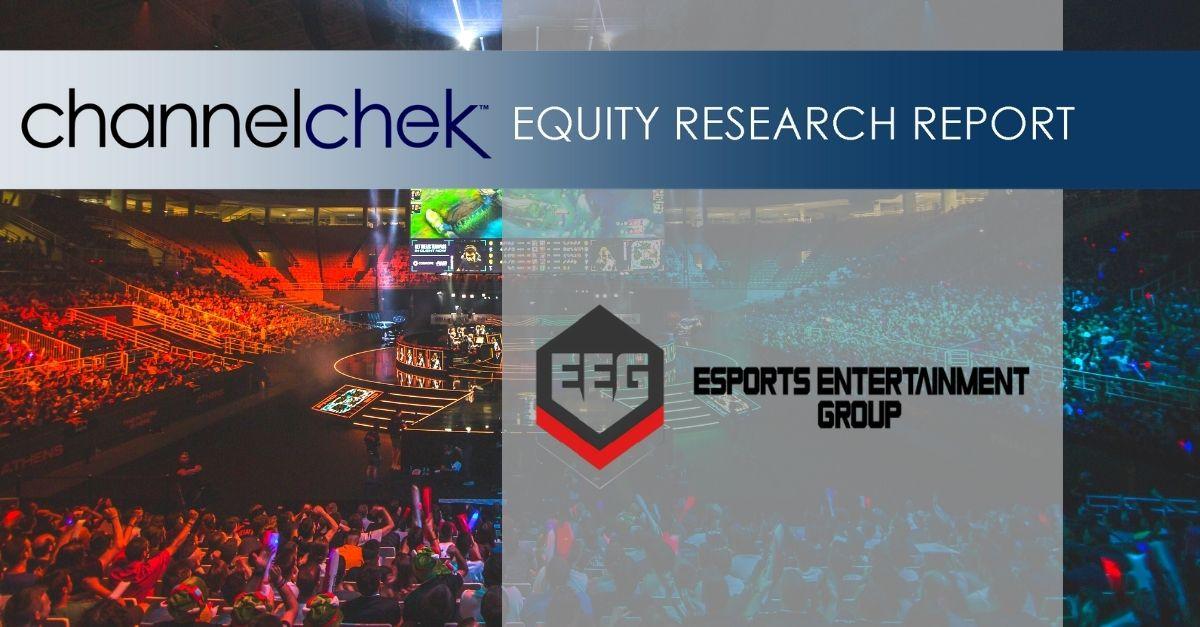
Esports Entertainment Group Completes Acquisition of Helix eSports and ggCircuit
Acquisitions significantly strengthen Company’s Play, Watch, Bet Strategy. Adds state-of-the-art esports entertainment centers, esports-focused vertical enterprise software business, best-in-class esports analytics platform, and P2P skill-based wagering platform
Newark, New Jersey–(Newsfile Corp. – June 3, 2021) – Esports Entertainment Group, Inc. (NASDAQ: GMBL) (NASDAQ: GMBLW) (or the “Company”), an esports entertainment and online gambling company, today announced the closing of its acquisition of Helix eSports LLC (“Helix eSports”) and ggCircuit LLC (“ggCircuit”).
“With the completed acquisition of Helix and ggCircuit, we have created the most diversified, US-listed esports entertainment asset in the entire ecosystem,” stated Grant Johnson, CEO of Esports Entertainment Group. “These acquisitions significantly strengthen our Play, Watch, Bet Strategy, adding state-of-the-art esports entertainment centers, an esports-focused vertical enterprise software business, a best-in-class esports analytics platform, and a player-vs-player skill-based wagering platform to our diversified asset base. Together with what we have already built, Esports Entertainment Group has unparalleled scale, and we are on our way to becoming a global industry leader.”
ggCircuit is a B2B software company that provides cloud-based management for LAN centers, a tournament platform, and integrated wallet/point-of-sale solutions for enterprise customers. ggCircuit has over 1,000 connected locations and has worked with enterprises such as GameStop, Dell, Best Buy and Lenovo as well as universities such as Ohio State, Syracuse and North Carolina. Their ggLeap product has over 60 million hours of usage by over two million unique gamers on tens of thousands of public gaming screens inside centers worldwide.
Helix eSports owns five esports centers, including two of the five largest centers in the US, where they deliver world-class customer service, esports programming and gaming infrastructure. Helix offers a variety of experiences including casual play, competitive tournaments, STEM programming, high school leagues, large groups and esports bootcamps all with the goal of leveling the playing field in esports and providing equitable access to technology. Their centers have become the destination for social and competitive gamers alike with monthly tournaments and unique experiences.
Helix also owns Genji Analytics (“Genji”), an esports-proven, publisher-trusted analytics provider. Using sophisticated computer vision, natural language processing, and machine learning tools, Genji delivers cutting-edge broadcast optimization and talent scouting analytics. Genji works with leading esports publishers and sports leagues, such as FIFA and the NBA 2K League, to power activities like combines, drafts and data-driven business decisions. Genji has also launched products into Helix eSports Centers that create customized tournament experiences, leveraging both idle computing capacity and unique proprietary data sources. Revenue streams include platform sales to publishers and leagues with plans to expand to all competitive players looking to enhance their gameplay through analysis, fair competition, and roster optimization.
The acquisition also includes LANduel, Helix’s proprietary player-vs-player wagering platform, built in Unity, that allows for skill-based wagering on third-party video games. LANduel’s consumer facing application enforces strict four-factor authentication to ensure fair play and ID verification. LANduel also holds close relationships with several major game publishers to ensure events and wagering follow community guidelines. LANduel is currently working alongside the New Jersey Department of Gaming Enforcement on a pilot program. Once the model is proven at the Helix eSports locations, LANduel can easily be scaled to other centers throughout the US across the ggCircuit network, and eventually into the homes of gamers through ggCircuit’s proprietary at home product suite.
About Esports Entertainment Group
Esports Entertainment Group is a full stack esports and online gambling company fueled by the growth of video-gaming and the ascendance of esports with new generations. Our mission is to help connect the world at large with the future of sports entertainment in unique and enriching ways that bring fans and gamers together. Esports Entertainment Group and its affiliates are well-poised to help fans and players to stay connected and involved with their favorite esports. From traditional sports partnerships with professional NFL/NHL/NBA/FIFA teams, community-focused tournaments in a wide range of esports, and boots-on-the-ground LAN cafes, EEG has influence over the full-spectrum of esports and gaming at all levels. The Company maintains offices in New Jersey, the UK and Malta. For more information visit
www.esportsentertainmentgroup.com.
FORWARD-LOOKING STATEMENTS
The information contained herein includes forward-looking statements. These statements relate to future events or to our future financial performance, and involve known and unknown risks, uncertainties and other factors that may cause our actual results, levels of activity, performance, or achievements to be materially different from any future results, levels of activity, performance or achievements expressed or implied by these forward-looking statements. You should not place undue reliance on forward-looking statements since they involve known and unknown risks, uncertainties and other factors which are, in some cases, beyond our control and which could, and likely will, materially affect actual results, levels of activity, performance or achievements. Any forward-looking statement reflects our current views with respect to future events and is subject to these and other risks, uncertainties and assumptions relating to our operations, results of operations, growth strategy and liquidity. We assume no obligation to publicly update or revise these forward-looking statements for any reason, or to update the reasons actual results could differ materially from those anticipated in these forward-looking statements, even if new information becomes available in the future. The safe harbor for forward-looking statements contained in the Securities Litigation Reform Act of 1995 protects companies from liability for their forward-looking statements if they comply with the requirements of the Act.
Contact:
U.S. Investor Relations
RedChip Companies, Inc.
Dave Gentry
407-491-4498
dave@redchip.com
Media & Investor Relations Inquiries
Jeff@esportsentertainmentgroup.com





















